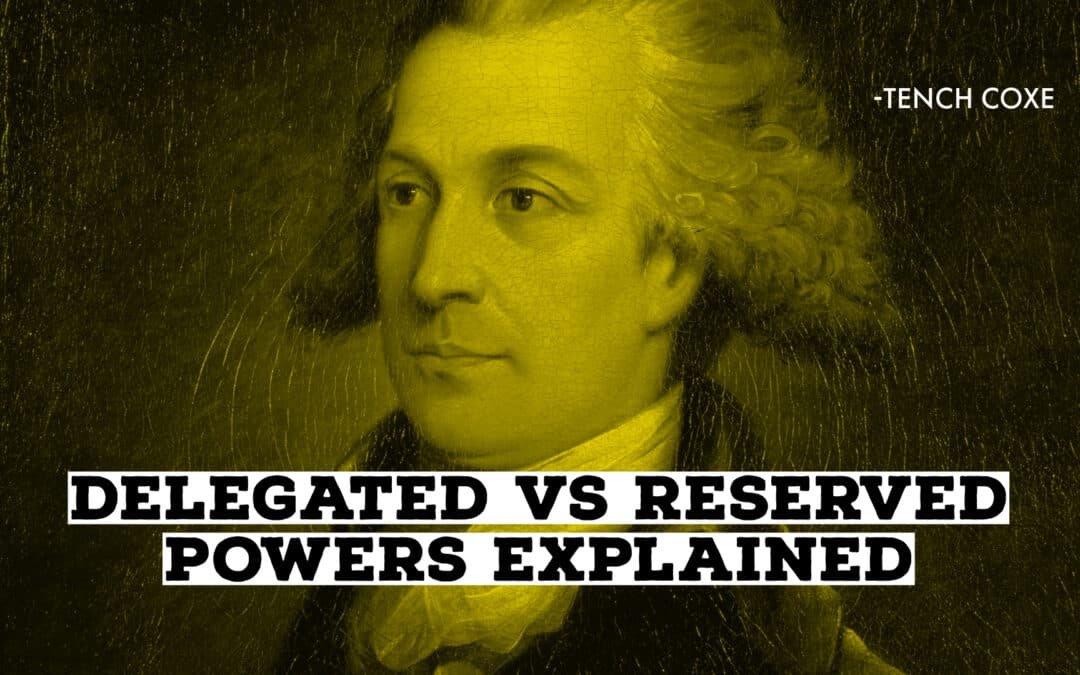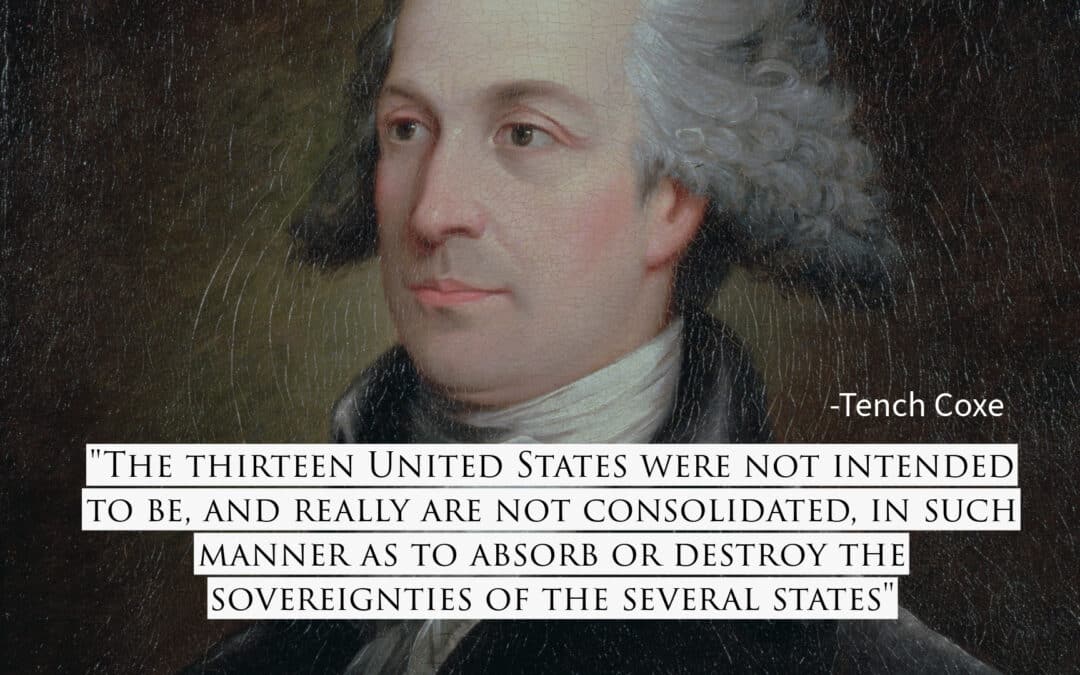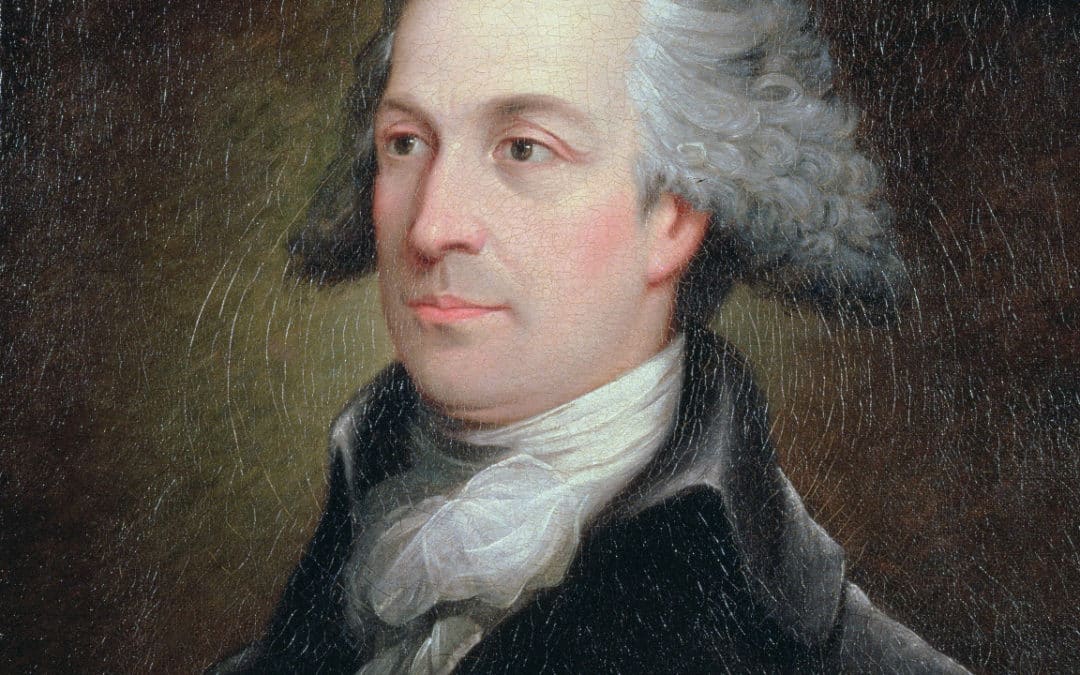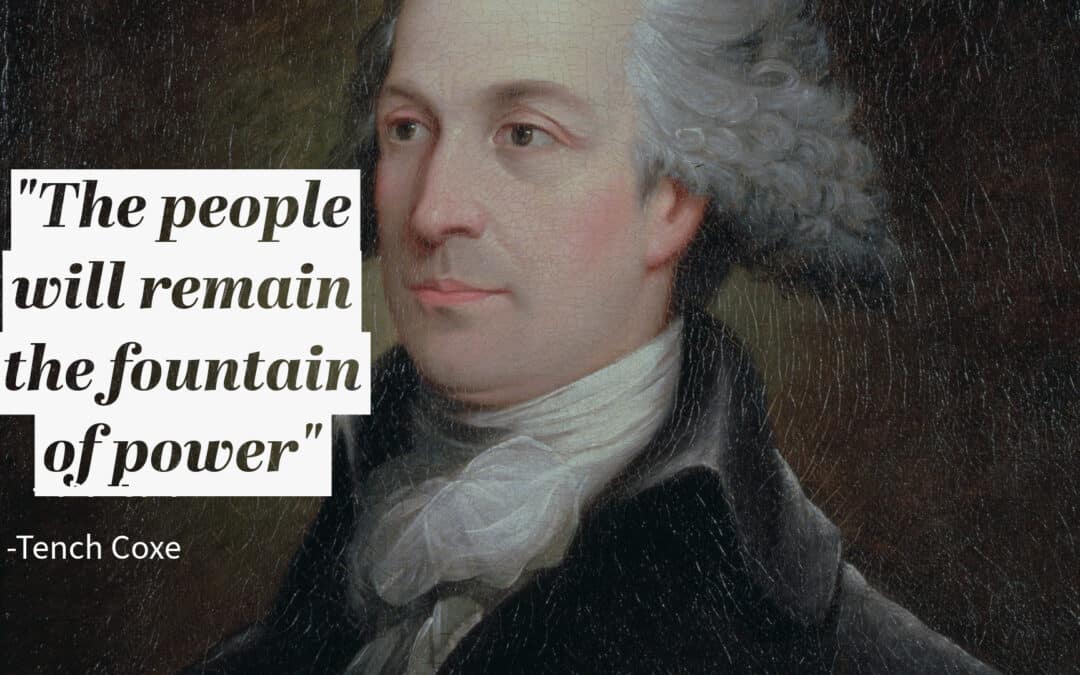
Tench Coxe


Tench Coxe: Forgotten Federalist who Helped Influence Ratification of the Constitution
Tench Coxe may be the most influential founding father that people have never heard of. For most people, discussions about the meaning of the Constitution begin and end with the Federalist Papers. These essays enjoy immense popularity today mostly due to the fame of...
Tench Coxe: Originalism and the Founders’ Understanding of the Constitution
“Their swords, and every other terrible implement of the soldier, are the birth-right of an American.” If he’s even remembered at all today, people today generally look at Tench Coxe as the founder who forcefully advocated for the natural right to keep and bear arms....
Tench Coxe: A Detailed Breakdown of State vs. Federal Powers
Despite being little known today, Tench Coxe was an influential founding father, and in early 1788, he provided what was possibly the most comprehensive list of examples to explain the division of state and federal powers under the proposed Constitution. In his three...
Tench Coxe’s Federalist Defense: Economic and Political Consequences of Disunion
In a number of his lesser-known federalist essays, Tench Coxe pivoted from his usual focus on the division of powers between state and federal governments to tackle various Anti-Federalist arguments. He highlighted the futility of satisfying disparate objections and...
